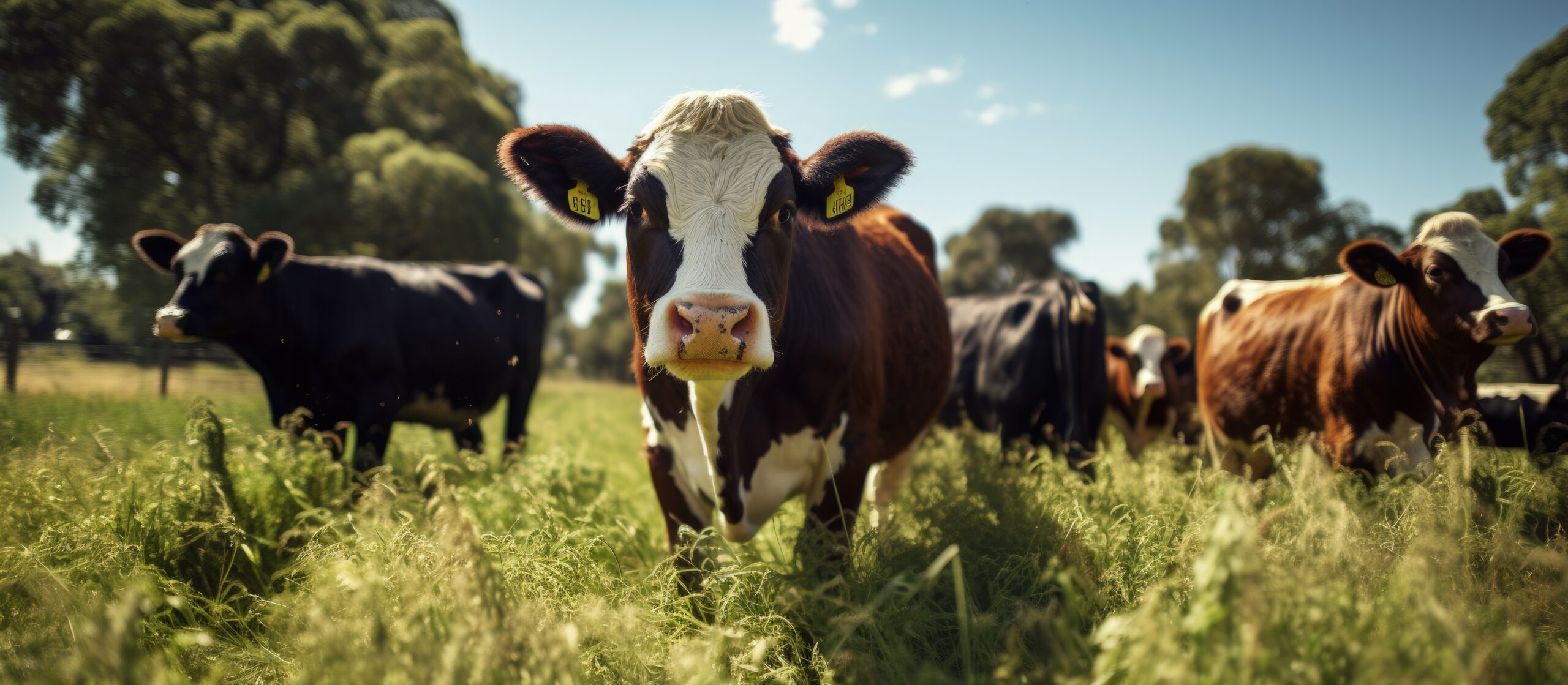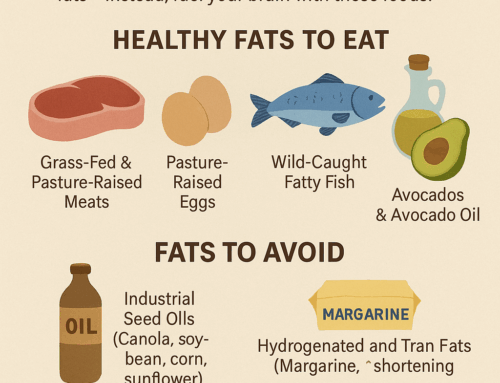In recent years, there has been a growing awareness of the importance of mental health and how diet can profoundly impact it. While discussions often revolve around the benefits of fruits, vegetables, and whole grains, one frequently overlooked but significant component is grass-fed and grass-finished beef. Beyond its nutritional profile, this beef can positively influence mental well-being. Let’s explore why grass-fed, grass-finished meat can be a boon for mental health.
Rich in Nutrients
Grass-fed, grass-finished beef is leaner and richer in essential nutrients than conventionally raised beef. It contains higher levels of omega-3 fatty acids, which are crucial for brain health. Omega-3s play a vital role in neurotransmitter function, mood regulation, and reducing inflammation in the brain, all of which contribute to improved mental well-being.
Grass-fed and grass-finished beef can be worked into almost any healthy diet. Grass-fed beef contains:
Two times the amount of lutein and beta-carotene compared to grain-fed.
500–800 mg of Conjugated Linoleic Acid (CLA), up to three times the amount over grain-fed beef. CLA is a natural type of trans fat found in meat and dairy products, particularly grass-fed, as it comes from the grass’s linoleic acid (LA). CLA is an essential fatty acid that cannot be produced by the body and must come from diet. Studies show that the benefits of CLA are weight loss, improved athletic performance, regulating cholesterol levels, strengthening the immune system, hay fever, controlling blood sugar, and more.
Up to 3.5 grams of omega-3 fats are in grass-fed beef (the maximum amount for grain-fed beef is 1 gram).
Lower Omega-6 to Omega-3 Ratio
Unlike grain-fed beef, grass-finished beef typically has a more favorable omega-6 to omega-3 fatty acids ratio. A diet high in omega-6 fatty acids and low in omega-3s has been linked to increased inflammation and a higher risk of mental health disorders such as depression and anxiety. You can help balance these essential fatty acids by consuming grass-finished beef, promoting better mental health.
Contains Less Bacteria
Studies show that conventional beef contains more bacteria than grass-fed beef. Consumer Reports analyzed 300 packages of ground beef and found antibiotic-resistant bacteria, methicillin-resistant staphylococcus aureus (MRSA), in three grain-fed samples and zero in the grass-fed packages.
Additionally, they found 18% of the non-grass-fed beef samples containing superbugs — bacteria resistant to more than three types of antibiotics — compared to only 9% of beef samples from grass-fed livestock. This is extremely rare but can lead to food poisoning. This bacteria can also harm your gut by hurting the microbiota. To learn more about how gut health impacts mental health, visit our blog.
Higher Levels of Antioxidants and Micronutrients
Grass-fed beef raised on pasture tends to have higher levels of antioxidants, vitamins, and minerals than its grain-fed counterparts. These include vitamins A and E, which play critical roles in cognitive function and mood regulation. Additionally, grass-fed beef is rich in micronutrients such as zinc and magnesium, essential for neurotransmitter synthesis and stress management.
Reduced Exposure to Hormones and Antibiotics
Conventional beef production often involves using hormones and antibiotics to promote growth and prevent disease in livestock. These chemicals can disrupt the delicate balance of hormones in our bodies and have been linked to mood disorders and other mental health issues. Grass-finished beef, raised in more natural and sustainable environments, offers a cleaner and healthier option, free from these potential stressors.
Environmental and Ethical Considerations
Opting for grass-finished beef also aligns with environmental and ethical values. Pasture-based farming practices promote biodiversity, soil health, and carbon sequestration, contributing to a more sustainable food system. Supporting ethical and sustainable farming practices can foster a sense of connection to the environment and community, positively impacting mental well-being.
Incorporating grass-fed, grass-finished beef into your diet can offer many benefits beyond physical health. From its superior nutritional profile to its positive environmental and ethical impact, choosing grass-finished beef can be a conscious step towards nurturing your mental well-being. By nourishing your body with nutrient-rich, ethically sourced food, you’re fueling your physical health and feeding your mind.
To learn more, visit:
https://draxe.com/nutrition/conjugated-linoleic-acid/







Leave A Comment